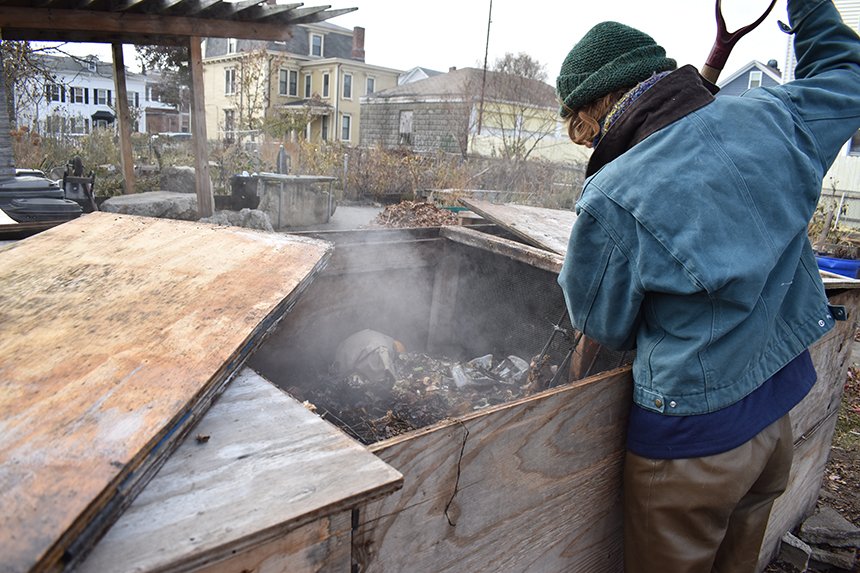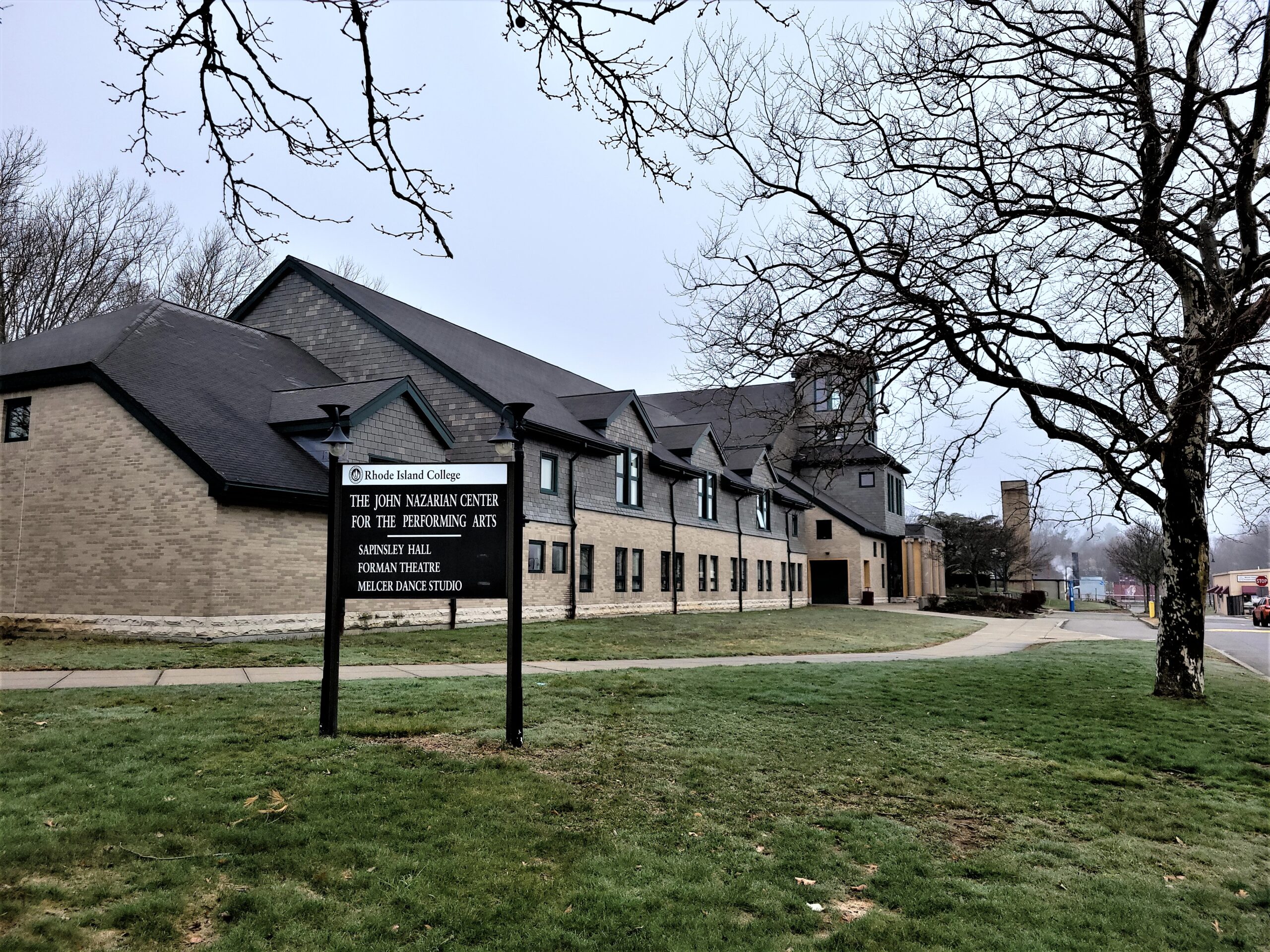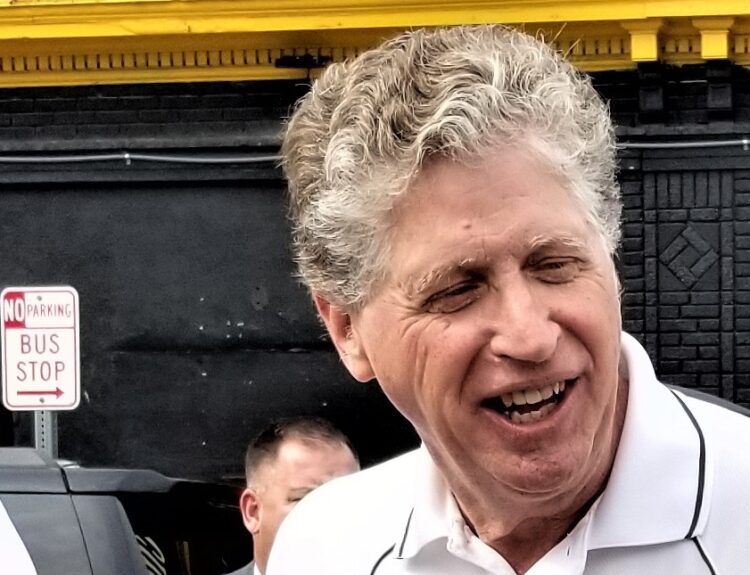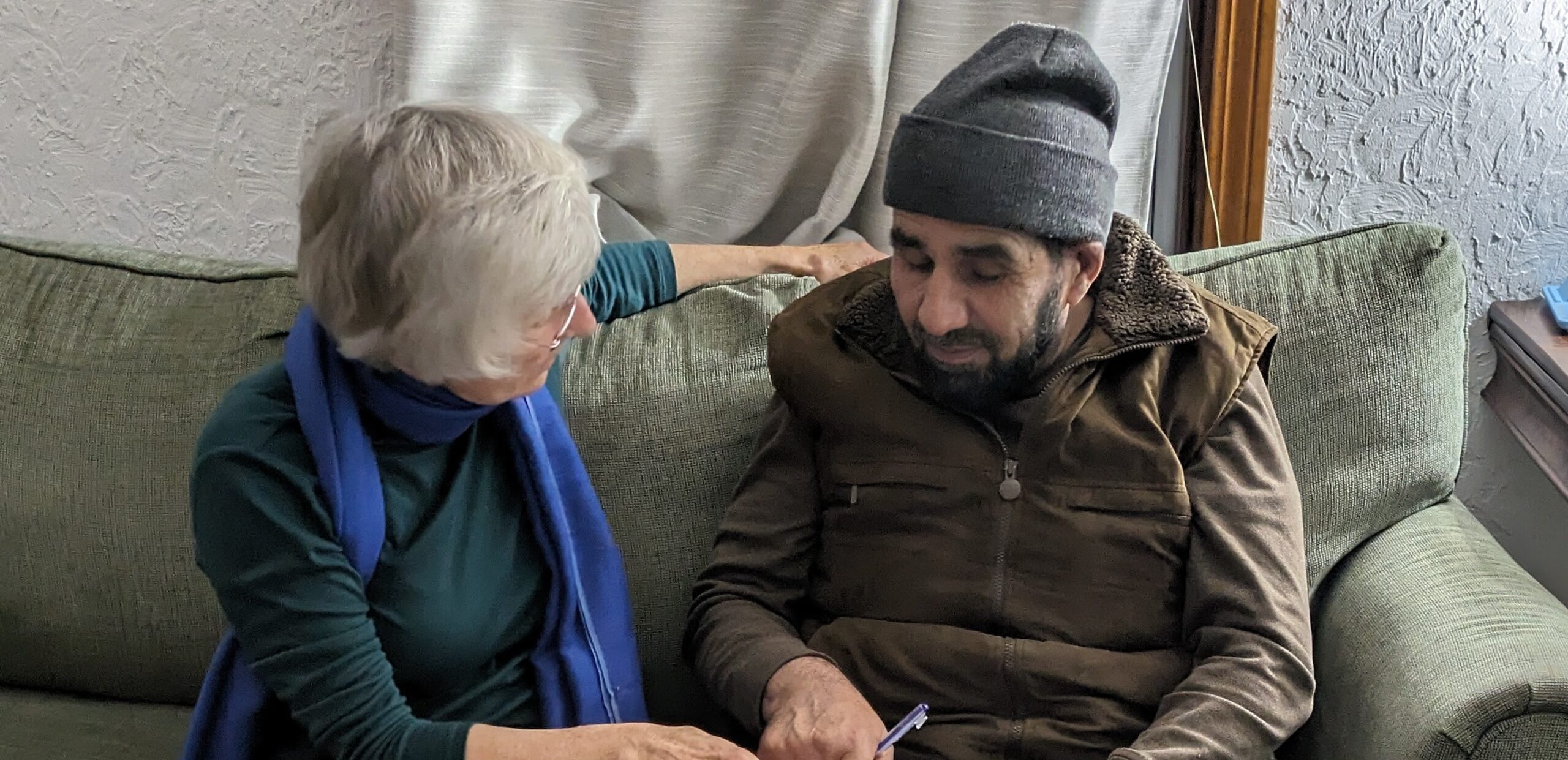‘The multi-pronged approach — grassroots community outreach, school programming, business technical assistance, and building community-based collection and processing infrastructure — is not only essential to achieving our food waste diversion goals, but also facilitates the countless other community benefits that come from people connecting with their food, their soil, and their neighbors.’
This story was originally published in EcoRI News, a publication partner of Ocean State Stories.
PROVIDENCE — When it comes to diverting waste and increasing composting, the city is putting its money where its mouth is, and asking residents to help.
The capital city, supported by a $255,850 U.S. Department of Agriculture grant, will fund a number of programs to promote food waste diversion and composting efforts.https://ecori.org/
The Rhode Island School Recycling Project will get $73,550 to expand food waste diversion efforts in Providence schools by encouraging students to sort waste and redistribute surplus food at new waste sorting stations. The program is in place in Mary Fogarty Elementary School, D’Abate Elementary School, George J. West Elementary School, and Spaziano Elementary School. At Mary Fogarty Elementary School alone, nearly 10 tons of food scrap have been diverted, and 2,946 pounds of food have been shared with students in need during the 2023-24 school year, according to the city.
The Center for EcoTechnology will receive $24,760 to help large food waste producers develop waste diversion strategies.
Groundwork Rhode Island is getting $27,715 to add five new sites to Providence’s compost drop-off network, repairing existing ones, improving bilingual signage, and increasing composting capacity.
Currently, Providence has 11 composting drop-off sites — at the Joslin Recreation Center and Resilience Hub; First Unitarian Church of Providence; Mount Pleasant Library; Urban Greens Co-Op Market; Compost Depot at Frey Gardens; Ring Street Garden; Sessions Street Garden; and the Fox Point Community Garden — that are managed through the Harvest Cycle program. The city will also fund public education campaigns around composting and waste reduction.
Providence Gardenworks will receive $54,200 to provide compost bins, supplies, and mentorship to the community. The company has also installed 30 compost systems and will expand to 40 in the coming months, and will offer compost training and multilingual support.
Zero Waste Providence will receive $84,540 to educate and engage the community on the benefits of composting and waste reduction. The organization’s members will visit community events, farmers markets, local libraries, and recreation centers and go door-to-door in the neighborhoods around drop-off sites. It will also train residents to assist in these efforts and provide stipends for participation.
According to a 2015 report published by the Rhode Island Resource Recovery Corporation, the Central Landfill in Johnston is expected to reach capacity by 2034. In 2018, some 324,234 tons of Rhode Island’s municipal solid waste was sent to the landfill. According to Resource Recovery, about 32%, or 103,755 tons, of that could have been composted. And if that waste had been composted, it would have saved 44,033 tons of greenhouse gases from entering the atmosphere, which is equivalent to taking 9,349 cars off the road for a year.
Currently, there are no municipal composting programs in Rhode Island.
Kevin Proft, Providence’s deputy director of sustainability, credited the organizations involved for their engagement and efforts.
“Their expertise, commitment, and on-the-ground presence have driven meaningful change,” he said. “These organizations share our vision and have been essential in implementing the practical solutions and innovative strategies that make environmental progress a reality.”
Harvest Cycle manger Ella Kilpatrick Kotner praised the community-scale effort.
“The multi-pronged approach — grassroots community outreach, school programming, business technical assistance, and building community-based collection and processing infrastructure — is not only essential to achieving our food waste diversion goals, but also facilitates the countless other community benefits that come from people connecting with their food, their soil, and their neighbors,” she said.
The city also announced it’s going to step up enforcement of the statewide plastic bag ban enacted in January through stricter business oversight, more efforts to publicize the ban, and the reduction of single-use plastic waste across the city. The city already had passed its own plastic bag ban in May 2019, but enforcement, by the city’s Office of Sustainability, was scattershot, largely due to the pandemic.
“The city is working to ramp up education through regular touch points with businesses as it is working to enhance enforcement,” said Anthony Vega, press secretary for Mayor Brett Smiley. “Educational resources, including frequently asked questions related to the plastic bag ban, and useful enforcement information will posted on this webpage, which serves to both educate our community on the importance of reducing plastic and provide important information to our local businesses.”
The state ban stipulates that any retail sales establishment that doesn’t comply with the plastic bag ban will be subject to penalties of $100 for the first violation in a calendar year, $200 for the second, and $500 for the third and any subsequent violations in the same year. The law makes municipalities responsible for investigating and responding to complaints and “engaging in any other enforcement of this section as they deem appropriate.”
Earlier this year, a Special Commission on Waste Management Services was created to evaluate the city’s waste management practices and identify opportunities for improving efficiency, sustainability, and cost-effectiveness. The commission’s goals include reducing city costs related to waste management; improving customer service for residential waste and recycling; reducing the tonnage of waste sent to the Central Landfill; decreasing residential recycling contamination rates; and mitigating the impacts of climate change through waste reduction efforts.
The city’s Department of Public Works currently can fine households for contaminated recycling. According to the DPW, disposing of trash or non-recyclable materials in a residential recycling bin can result in a minimum fine of $50 to the property owner. In 2019, 3,957 tickets were issued, compared to 416 in 2023.
Providence saw its trash disposal fees rise by more than $400,000 in recent years, while its recycling rate remains abysmal, according to the most recent report from Resource Recovery. It’s the only municipality whose recycling and diversion rates are in the single digits. The capital city last year had a recycling rate of only 7.8%, and its diversion rate was only 8.3%.
Those figures are nearly half of what the city accomplished in 2020, when the recycling and diversion rates were 15% and 15.2%, respectively. The city also had 624 pounds of rejected recycling per household, according to last year’s report.
Only 15 of the state’s 39 municipalities met or exceeded the 35% recycling rate mandated by a 2012 state law. The same law requires municipalities to divert at least 50% of overall waste sent to the landfill. Only two met the minimum in 2023: North Kingstown and Portsmouth.
Providence received a $3.4 million grant in 2023 to improve composting and start a pilot recycling program for businesses. The grant also included money for the DPW to deploy new trash and recycling bins on two of the busiest route days.
The city has pledged to increase residential recycling rates; reach a 30% recycling rate by the end of the decade; and eliminate food waste by 2040.
A correction was made on Nov. 5, 2024: An earlier version of this story incorrectly attributed it to Rhode Island Current.






